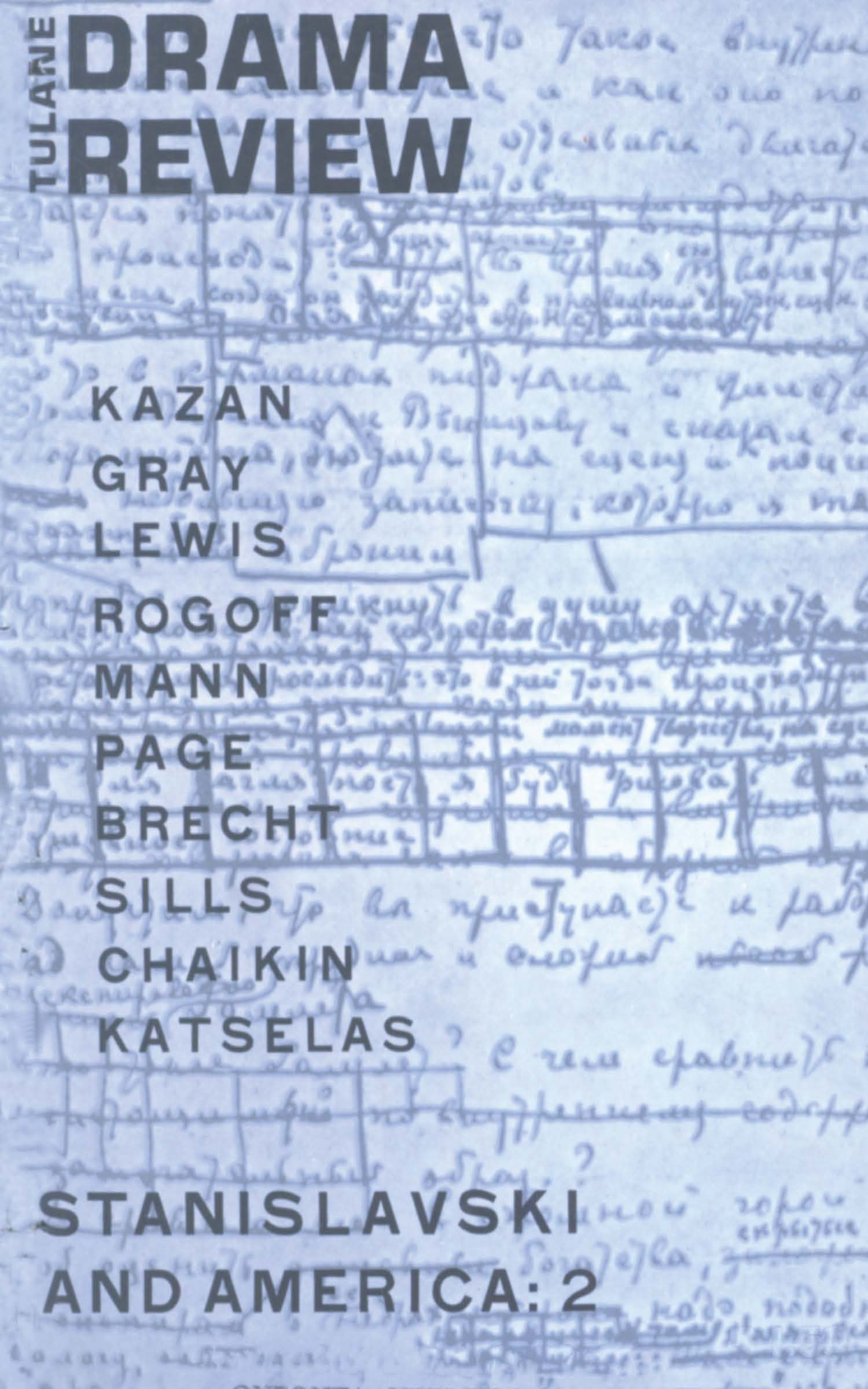No CrossRef data available.
Article contents
The Plays of Tennessee Williams
Published online by Cambridge University Press: 23 November 2021
Extract
In the plays of Tennessee Williams, as in the works of other able and prolific American dramatists, a pattern emerges that continues to appear, with minor variations, over and over again. Williams is remarkably loyal to his favorite archetypal pattern, and, for that reason, it seems to provide an indispensable key to the nature and meaning of his plays. The typical event is the meeting of a healthy, handsome man and a nervous older woman who is losing her looks. I call this couple Adonis and the Gargoyle—Adonis after the classical ideal of male beauty and the Gargoyle after the grotesque by-products of medieval architecture. The contrast between them is alone enough to enforce one major point: it is better to be a carefree man dian to be a worried, married woman. A second diought occurs: freedom is better than dependence, but, first, any examination of these plays must begin with close scrutiny of their protagonists.
- Type
- Research Article
- Information
- Copyright
- Copyright © The Tulane Drama Review 1960
References
Note
1 Robert Brustein has suggested that punishment is more significant than innocence in Williams’ plays; he draws from them the conclusion that “deviant sex, in William's view, brings on terrible punishments.” (Encounter, June 1959). Certainly weight must be given to the disasters which overtake the heroes of Orpheus and Sweet Bird, but corresponding disasters are modified in Cat and avoided in The Rose Tattoo. If their fantastic qualities lend importance to some of the disasters, the same may be said for Williams’ fantasy of innocence. One dream tends to cancel the other, and that leaves us with Williams’ conscious intention— to exonerate “deviant sex.”
Stanley Edgar Hyman (Hudson Review, Autumn 1953, and more recently in College English, October, 1958) has discovered an “Albertine strategy“—the substitution of women for men—in much of Williams’ writing. This reading has led him to find a celebration of “a homosexual love selfless and purged.” “Purging” is a useful term; I think it comes closer to what Williams has in mind than does the notion of deserved punishment.


